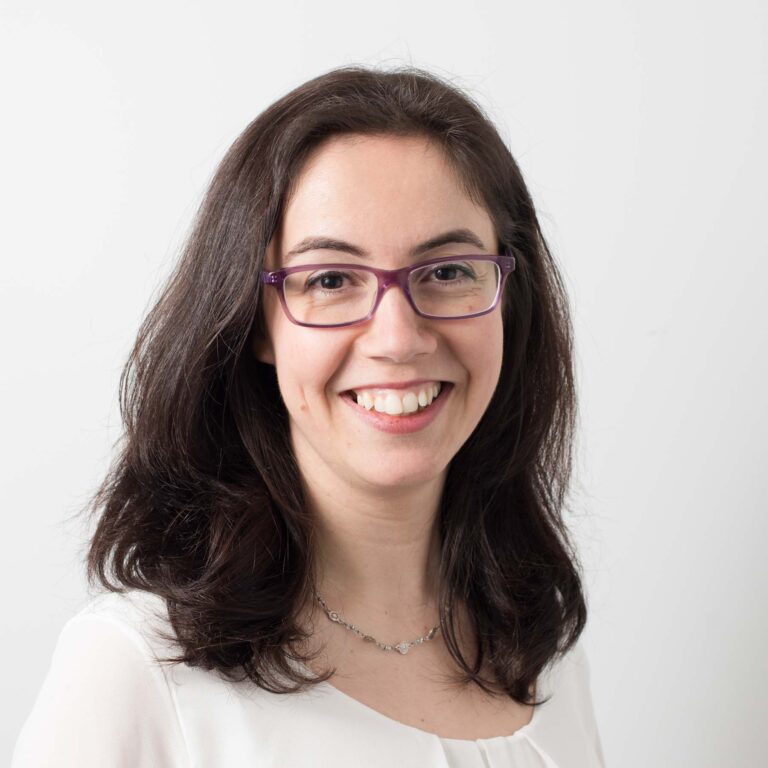
Effie Apostolou, PhD
Associate Professor of Molecular Biology in Medicine
Principal Investigator
Department of Medicine
Division of Hematology/Oncology
Cancer Center
Weill Cornell Medical College
Since I entered the Biology School in the Aristotle University of Thessaloniki, I have been fascinated by the complexity of molecular mechanisms that govern how are genes and cells work. During my PhD studies in Dimitris Thanos lab in Greece, I uncovered how inter-chromosomal contacts contribute to the stochastic gene expression upon virus induction (Apostolou and Thanos, Cell 2008). In 2009, I joined Konrad Hochedlinger’s lab in MGH and Harvard Stem Cell institute in Boston to study epigenetic mechanisms that drive somatic cell reprograming to iPSCs and the degree of 3D chromatin rewiring during this process (Apostolou*, Ferarri* et al, Cell Stem Cell 2013; Stadtfeld*, Apostolou* et al, Nature 2010; Stadtfeld*, Apostolou* et al, Nat. Gen. 2012).
I am currently an Associate Professor of Molecular Biology at Weill Cornell Medicine, which I joined in 2014. The main focus of my group is to dissect the critical interplay between TFs, 3D chromatin organization and transcription during either (i) maintenance of cell fate (self-renewal) or (ii) during transition to a new fate. Research in my lab led recently to the construction of an integrative, genome-wide map of the dynamic architectural and transcriptional changes that occur upon mitotic exit to ensure faithful propagation of stem cell identity and functionally interrogated the role of mitotic bookmarking in this process (Molecular Cell, 2021; Stem Cell Reports 2020; Cell Reports 2017). My group has also shown that transcription factors, such as KLF4, play important roles in the organization and transcriptional regulation of 3D enhancer hubs (Di Giammartino et al, Nature Cell Biology 2019).
I have received several awards, including Jane Coffins Child Foundation and EMBO postdoctoral fellowships as well as the NIH Director’s New Innovator award and the Emerging Leader award from the Mark Foundation. I am currently a member of the 4D Nucleome consortium.
I strongly believe in equality across genders, ethnicities and sexual preferences. I actively try to promote diversity in the lab, which has accommodated more than 10 nationalities from all over the world, and I volunteer as a mentor for undergraduate and high-school underrepresented minority students.
Current members
-
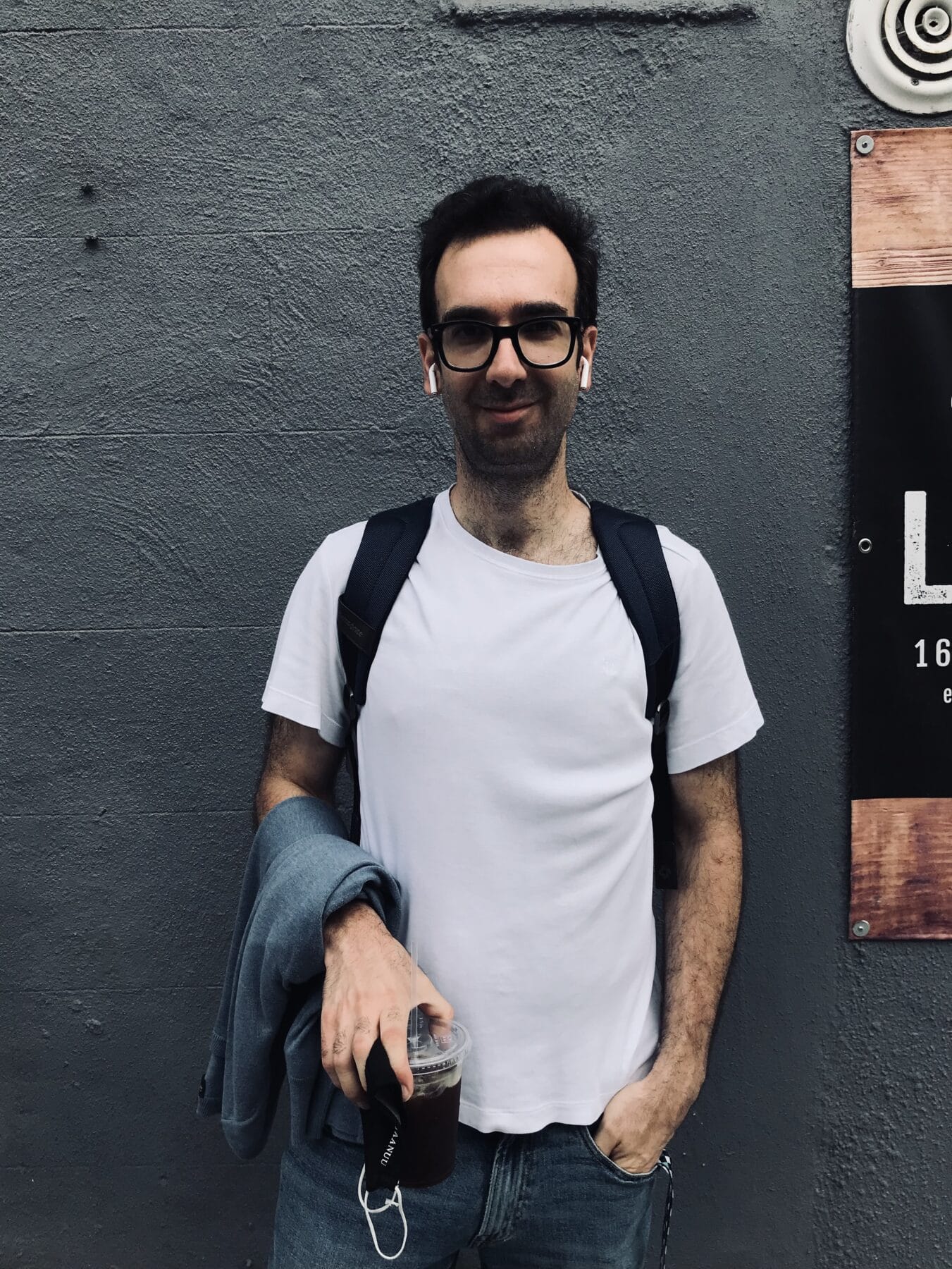
Alex Polyzos, PhD
Assistant Professor of Molecular Biology, Research in Medicine
Moving forward with a BS in biology I decided to focus on math and computational methods to address biological questions. After completing a MS in statistics and a PhD in bioinformatics in Greece I was involved in many projects in the fields of ESC reprogramming, differentiation, and cancer biology in the early stages of my postdoc. While numerous sequencing techniques and approaches were and are evolving in the field of molecular biology, 3D chromatin organization (the art in biology) caught my eye and decided to move into NYC and join Effie’s lab to work with experts in the 3D genome field. I am currently an instructor of molecular biology in Medicine trying to identify and uncover the properties of 3D enhancer and promoter networks (3D-HUBs) and the impact of HUB-rewiring in gene expression and 3D structure.
-
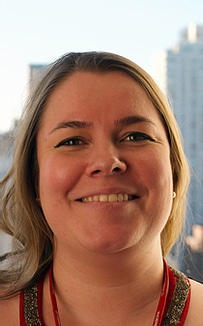
Laurianne Scourzic, PhD
Instructor of Molecular Biology
My research goal is to elucidate the epigenetic mechanisms regulating stemness
acquisition, maintenance and alterations in lymphoid malignancies. During my PhD
at the Gustave Roussy Cancer Center in Paris, I have developed several mouse
models to understand the oncogenic cooperation involving TET2 and DNMT3A
mutations, coexisting in T-cell lymphoma patients. I expanded my knowledge on the
function of these epigenetic drivers when I joined Effie’s lab in 2016 by studying
their role in the modulation of genomic imprinting at the Dlk1-Dio3 locus, crucial for
proper stemness acquisition and development potential in vivo. I am currently
interested in understanding the capacity of specific mature B-cells to manifest stem-
cell features as well as to how the latter can be hijacked upon specific mutations and
contribute to disease aggressiveness or relapse in lymphoma patients. I have
received postdoctoral fellowships from the Lady Tata Memorial Trust and the
Lymphoma Research Foundation (Oliver W. Press Memorial Postdoctoral Fellow). I
also integrated the Laboratory/Translational Track of LRF Lymphoma Scientific
Research Mentoring Program mentoring and supporting trainee’s transition from
fellow to faculty.
Email: [email protected] and Twitter @: LScourzic -

Chris Uyehara, PhD
Postdoctoral researcher
I’m a NYSTEM post-doctoral fellow in the Apostolou lab. I have a B.S. from the University of Virginia and a M.S. from the College of William and Mary, where I studied how changes in cytoskeletal organization were controlled during C. elegans spermatogenesis. I did my doctoral studies at the UNC-Chapel Hill where I researched how ecdysone hormone signaling in D. melanogaster elicits different gene expression responses throughout the animal and over time. You can follow me on Twitter: @cmuyehara or visit my website: www.cmuyehara.com
-
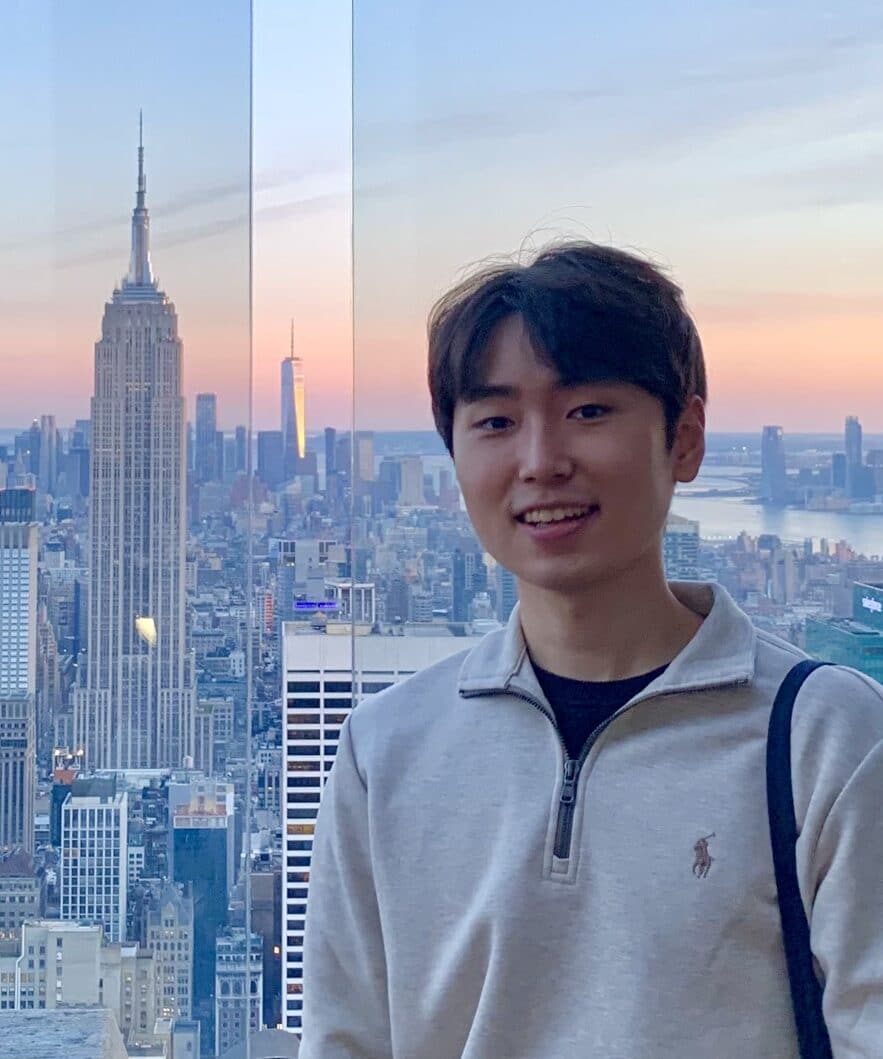
Uk Jin Lee
PhD Student, BCMB program
I graduated from Seoul National University in 2020 spring with a B.S. in Biological Sciences and Computer Science & Engineering. After joining the BCMB PhD program at WCGS in 2020 fall, I got into the field of chromatin architecture and started working on elucidating the regulatory mechanism of cell identity using diverse approaches.
-
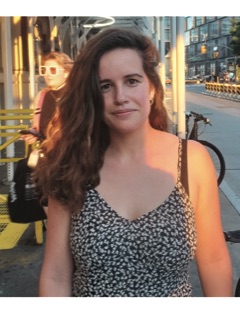
Alejandra Laguillo-Diego
Postdoctoral Researcher
I obtained my Bachelor in Biotechnology at the University of Salamanca and my Master in Nanobiophysics at the Technical University of Dresden. Back then I started to get interested in the microtubule cytoskeleton and its role in mitosis. I was awarded a Marie Skłodowska–Curie fellowship to do my PhD at the Center for Genomic Regulation (CRG) in Barcelona as part of a multidisciplinary training network focused on cell division. Within my project I used in vitro reconstitution assays, a variety of microscopy techniques and cell culture to investigate the role of a chromatin modifier complex on the regulation of microtubule dynamics during mitosis. The dual-role of this chromatin modifier both in the chromatin of interphase cells and in the microtubules of dividing cells caught my attention and for my future steps I decided to gain more insights on the chromatin structure and regulation during mitosis. Thus, I recently joined the Apostolou lab as a postdoctoral researcher to study how mitotic bookmarking and chromatin architecture in mitosis determine cell-fate decisions in stem cells.
-
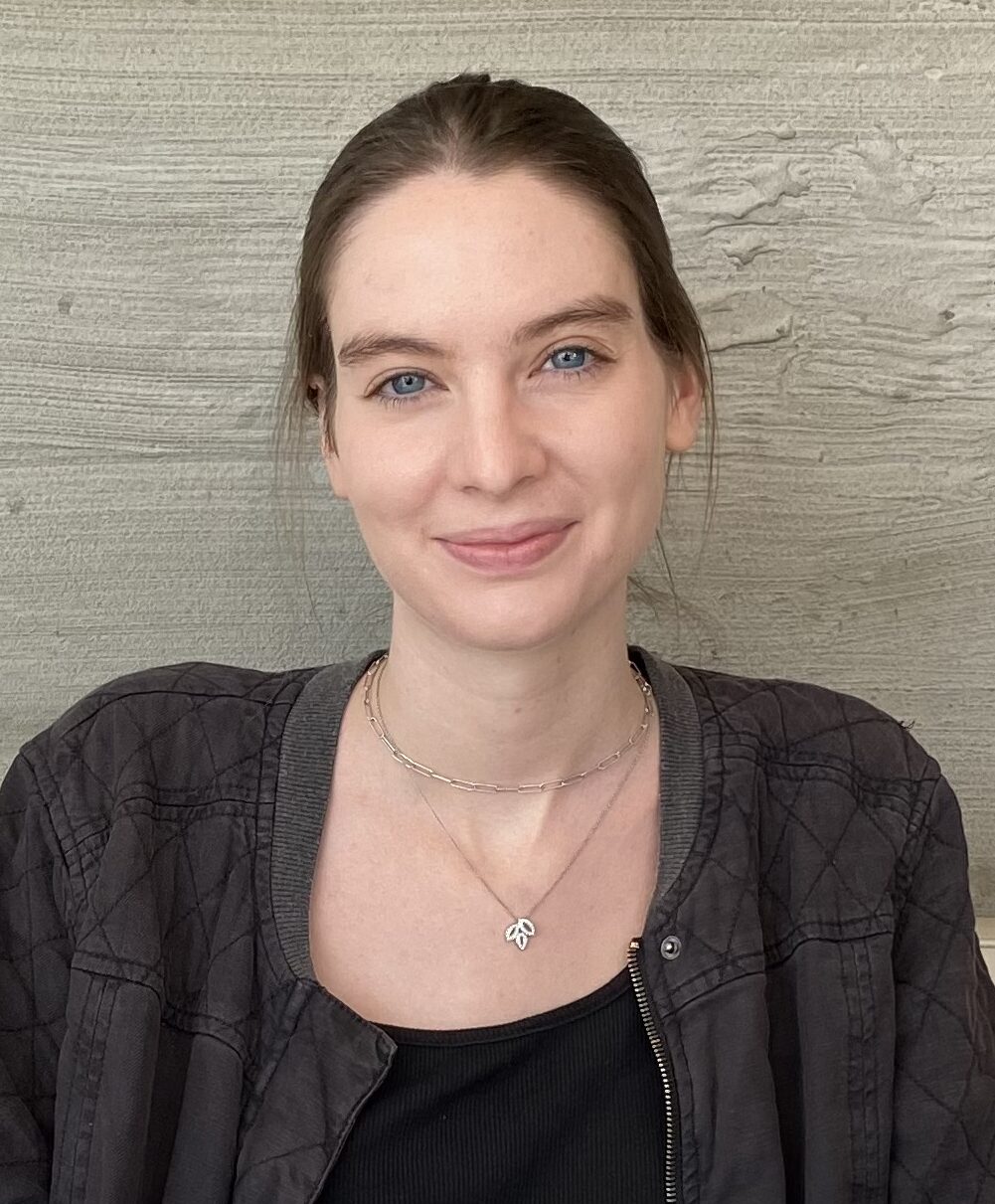
Sarah Breves
PhD Student, PBSB program
After graduating with a degree in Biology from Columbia University, I decided to pursue a medical degree at Temple University. During medical school, I worked in a lab studying mitochondrial calcium signaling and specifically the mitochondrial calcium uniporter (MCU)’s structure, regulation and role in cellular metabolism. After medical school, I decided to pursue a career in surgery, and I am a surgery resident at Weill Cornell- New York Presbyterian Hospital. During my research years during surgery residency, I became interested in studying cancer epigenetics using high-throughput sequencing techniques with integrative computational analysis and decided to join the Physiology, Biophysics and Systems Biology PhD program here at Weill Cornell. Now, as a graduate student in the Apostolou lab, my work focuses on studying the role of 3D chromatin architecture in mechanisms that drive oncogenic programs in glioblastoma.
-
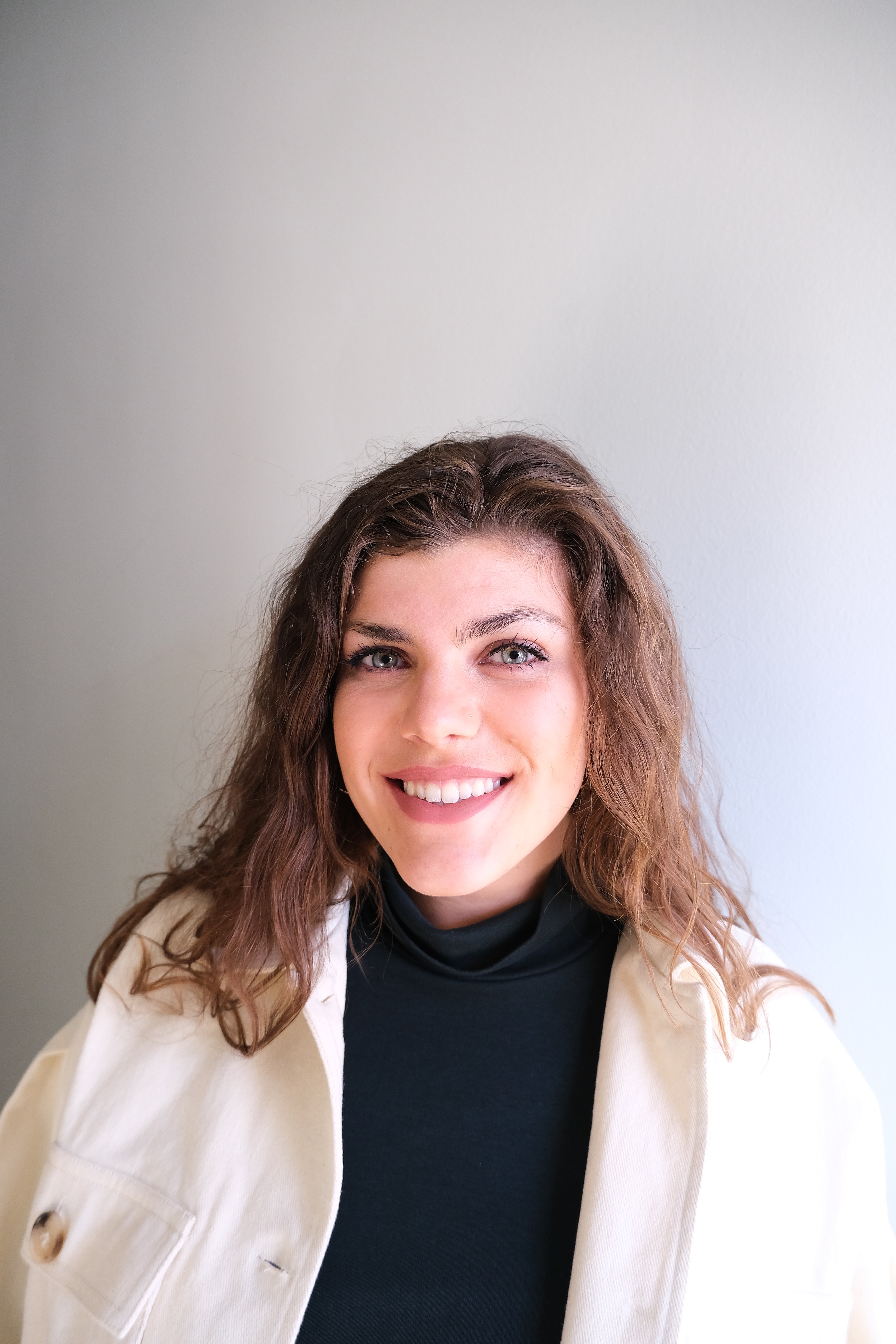
Abby Lidoski
Research Tech, Apostolou/Stadtfeld Lab Manager
I graduated in 2021 with a B.S. in Neuroscience from Rhodes College in Memphis, TN. As an undergrad, I participated in developmental neuroscience research and became interested in the complexity and resilience of development, especially as it relates to autism spectrum disorders. As a postgraduate, I joined the Morishita lab at the Icahn School of Medicine. Advancing my interest in development at a system- and circuit-level, I investigated critical periods for cognitive and social development in mice. At the conclusion of the project, I left to join the Apostolou lab at Weill Cornell in November 2023. As a research technician, I am diversifying my research background while continuing to center development in my projects. I support work that aims to characterize how mitotic bookmarking and three-dimensional chromatin architecture influence stem cell-fate decisions in the context of developmental disorders.
-
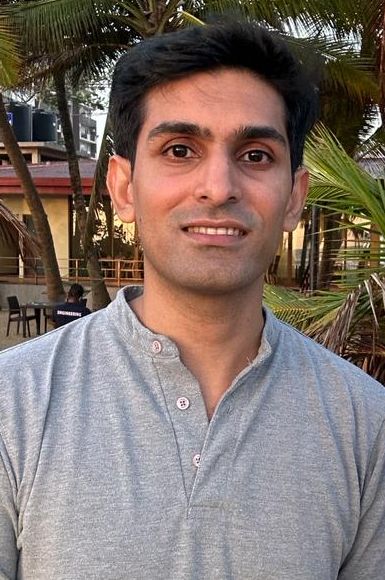
Raza Mahmood
Computational Postdoctoral researcher
As a postdoctoral researcher in the Apostolou Lab, I am broadly interested in understanding the relationship between 3D genome architecture and gene regulation. My research aims to elucidate the functional significance and mechanism of formation of architectural stripes and enhancer hubs. I am using chromosome conformation capture data from assays such as HiC, HiChIP and Micro-C to identify and study these architectural features. I hold a PhD in Genomics and Systems Biology from New York University where my doctoral research investigated the role of nuclear actin in regulating 3D genome architecture and enhancer promoter interactions. Before joining NYU, I completed my MS in Cell and Molecular Biology as a Fulbright Scholar at the University of Arkansas.
-
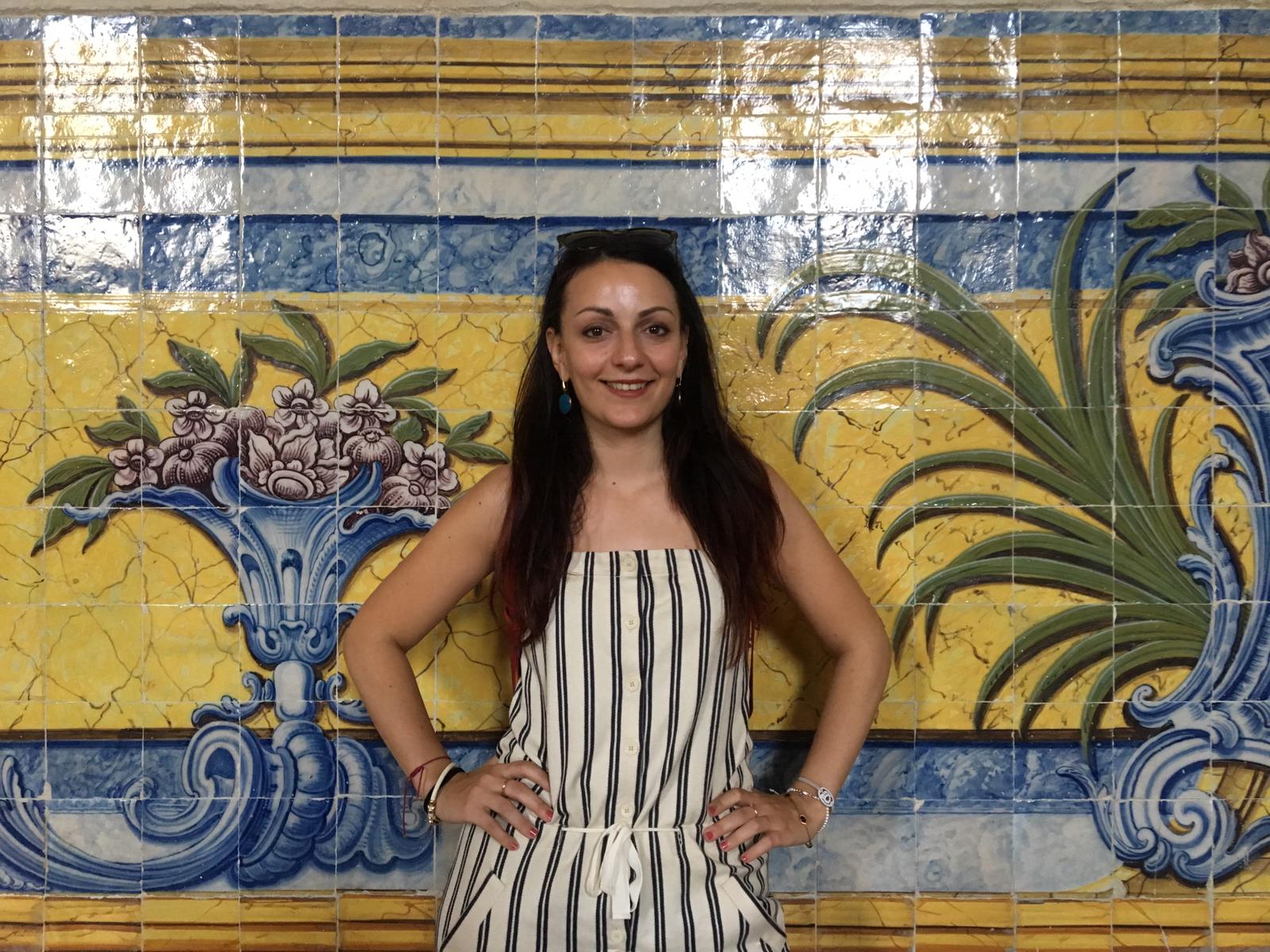
Daniela Magliulo
Postdoctoral Associate in Medicine
As an undergraduate, I studied Medical Biotechnology at the University of Naples Federico II. After a year abroad as a pre-doctoral trainee at the University College Dublin and the Weizmann Institute of Science, I moved to Milan where I obtained a Ph.D. in Molecular Medicine at Vita-Salute San Raffaele University. While there, I worked on hypoxia pathway in the contest of acute myeloid leukemia (AML), and found a new function of the hypoxia responsive transcription factor HIF2a in blocking leukemic blasts differentiation. I joined Weill Cornell Medicine in 2023, and I am currently working as a co-mentored postdoc in Apostolou and Melnick labs. My research interest focuses on studying 3D chromatin organization and 3D hubs in germinal center B (GCB) cells and Diffuse large B cell lymphoma (DLBCL). I will focus on a specific locus control region (LCR) present in GCB and lymphoma cells to define its role in during germinal center reaction and lymphomagenesis.
-
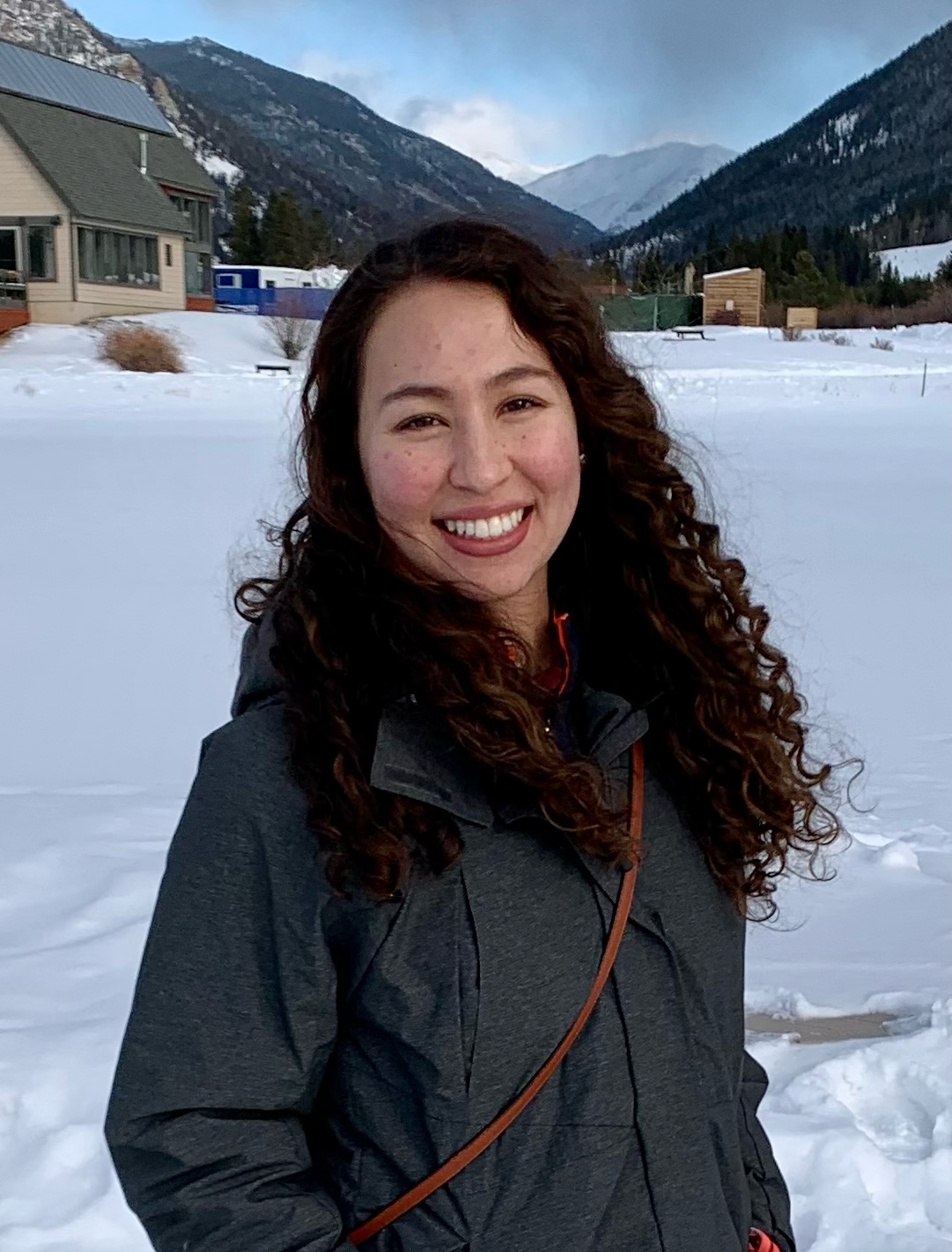
Erin Char
PhD Student, Tri-I CBM Program
After earning my degree in Computer Science and Molecular, Cellular & Developmental Biology from the University of Colorado Boulder, I participated in the postbaccalaureate program at the NIH, where I conducted research on GWAS variants in Pancreatic Cancer. I then enrolled in the Tri-I Computational Biology and Medicine PhD program where I currently work in the labs of Effie Apostolou and Christina Leslie. My research is centered on the computational analysis and prediction of 3D chromatin architecture and its impact on gene expression, especially in the context of cancer.
-
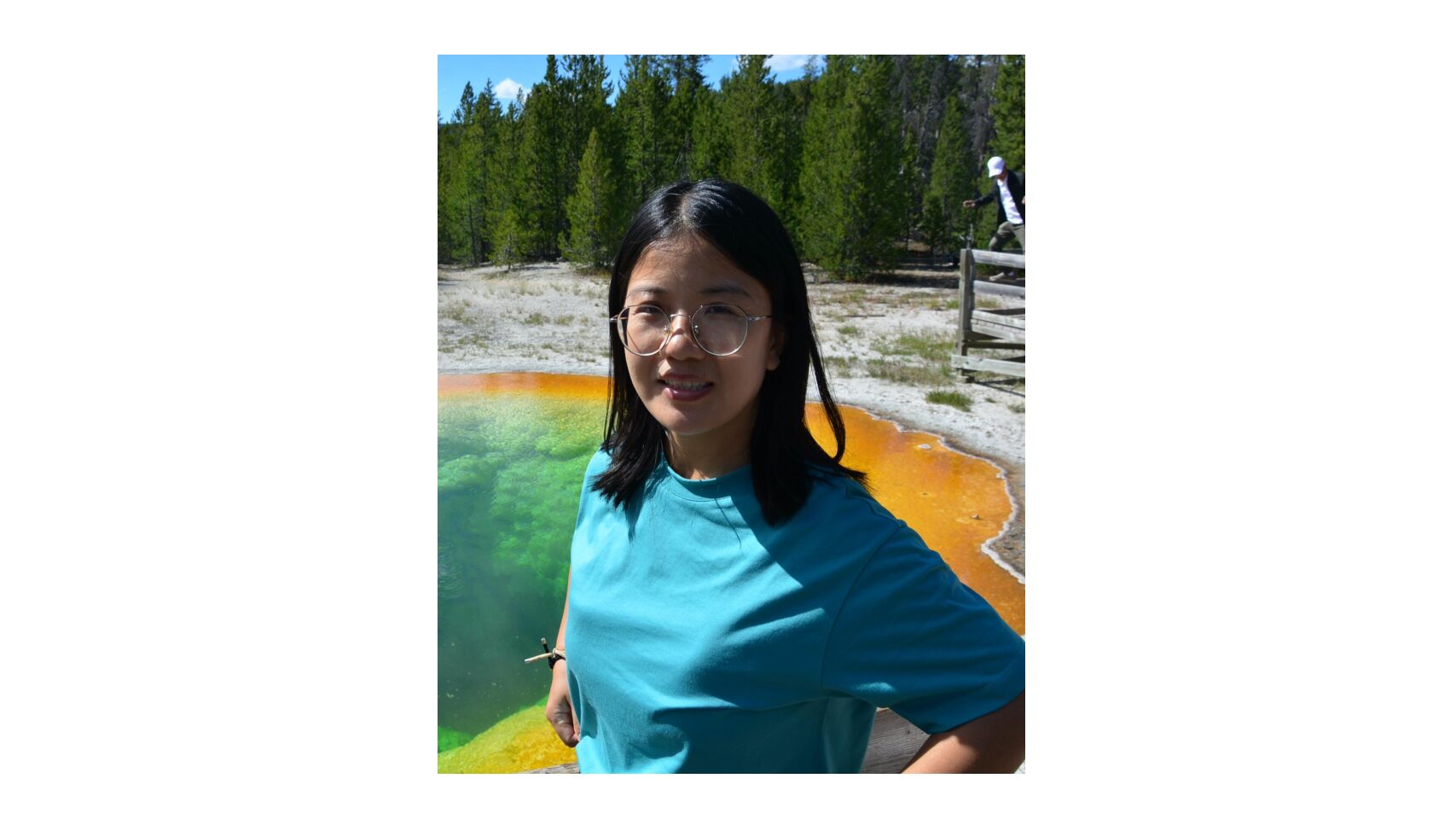
Yan Mo
Research Associate
My research goal is to understand the molecular mechanisms that drive cancer progression, thus providing therapeutic targets in treating patients. I obtained my Bachelor in Biological Sciences in Lanzhou University and then got Ph.D degree in Biochemistry and Molecular Cell Biology from Fudan University, where I investigated deacetylase SIRT7 in mediating protein deacetylation during nucleolar stress. In 2017, I started my early postdoc training in Zhang’s lab in Columbia University, where I discovered and investigated SWI/SNF complex oncogenic role in H3K27M diffuse midline glioma. I am currently a Research Associate in Effie’s lab and very interested in understanding how 3D chromatin architecture (and particularly 3D regulatory ‘hub’) shapes and drives tumor progression.
Past members
-
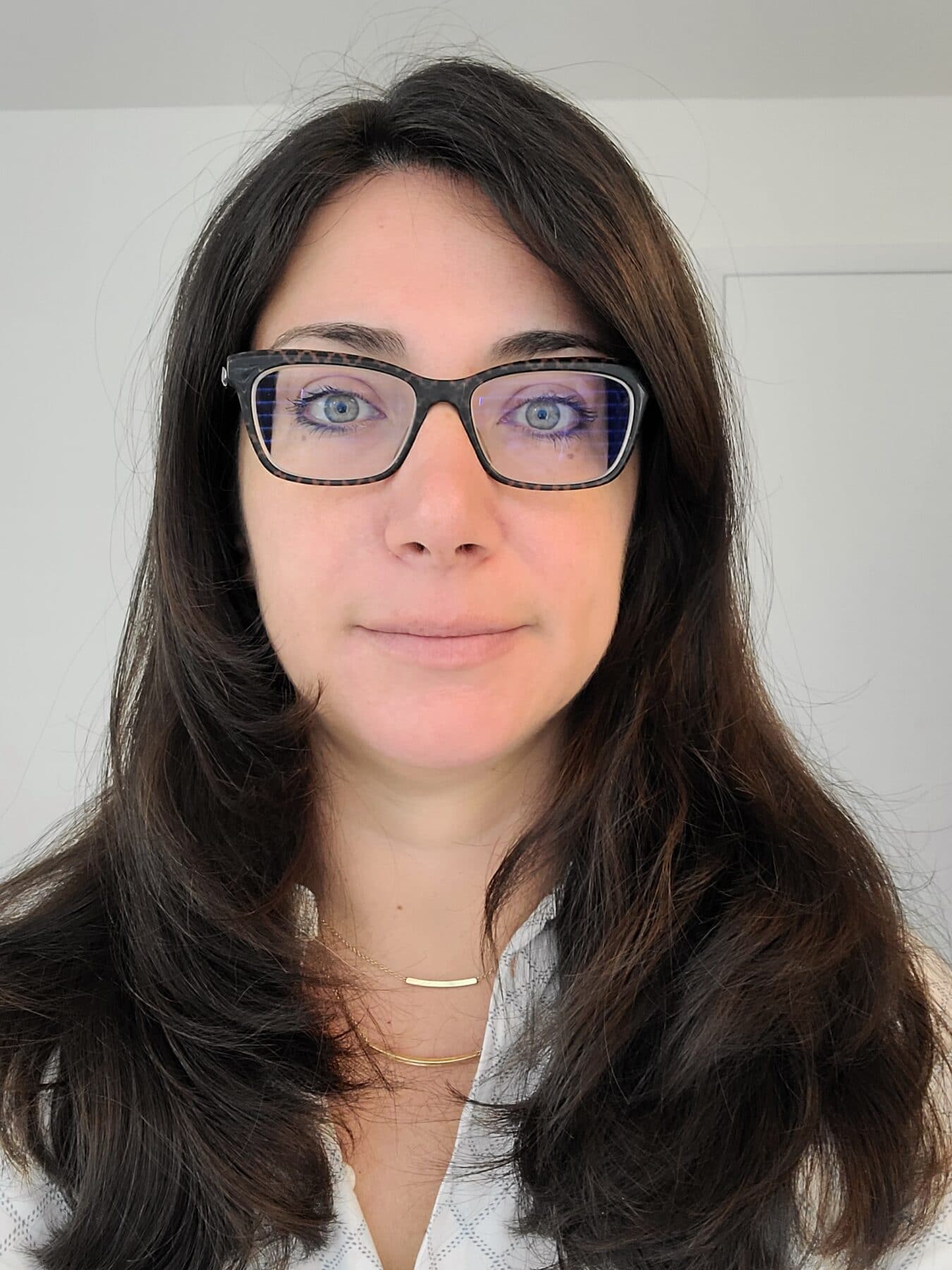
Dafne Campigli di Giammartino, PhD
Research Associate, Currently Group Leader ay IFOM in Genoa, Italy
-

Dylan Murphy
PhD Student, PBSB Program
-
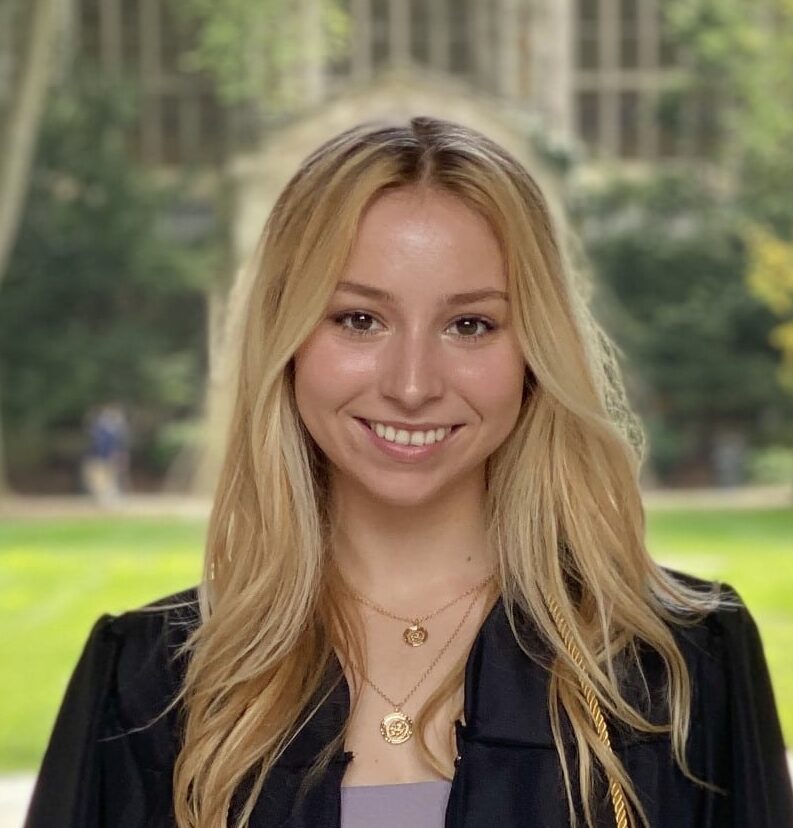
Lucy Cucereavii
Research Technician- Lab manager
-
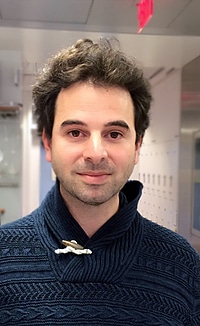
Boaz Aronson, MD/PhD
Postdoctoral Researcher
-
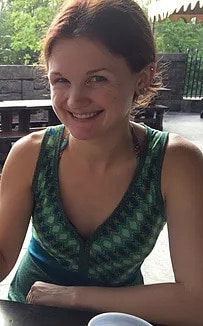
Bobbie Pelham-Webb
MD/PhD Student
-
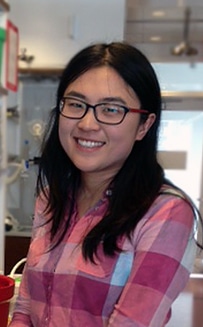
Jiexi Li
Research Technician- Lab manager
-

Daniel Kim
Research Technician
-
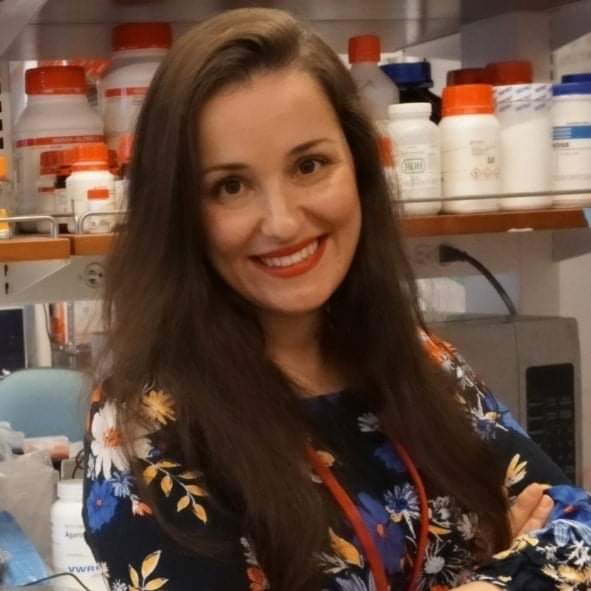
Ada Salataj, PhD
Postdoctoral Researcher
-

Veevek Shah
Research technician
-
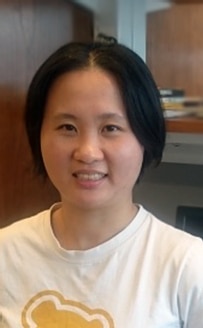
Yiyuan Liu
Bioinformatician
Collaborators
-
Weill Cornell Medicine
-
Memorial Sloan Kettering
-
New York University
-
International
